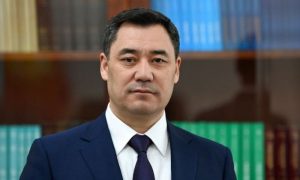SEOUL: South Korean hospitals grappled with disruptions on Tuesday as hundreds of trainee doctors staged protests against proposed medical training reforms. Approximately 6,500 doctors, representing nearly half of the junior medical workforce, submitted their resignations, with around 1,600 participating in the protest actions.
The government swiftly responded by ordering the doctors to return to work, cautioning that instigators of the work stoppages could face legal consequences. Despite the government’s directive, tensions remained high as South Korean law restricts the ability of medical staff to strike.
Second Vice Health Minister Park Min-soo expressed concern over the collective actions of the trainee doctors, acknowledging the impact on medical services, including surgery cancellations. Emphasizing the government’s commitment to maintaining emergency medical services and treating serious cases, Park underscored the necessity of ensuring access to treatment for patients with critical conditions.
At the heart of the dispute are proposed reforms aimed at addressing South Korea’s low doctor-to-population ratio and accommodating its aging demographic. However, the reforms, particularly a plan to significantly increase medical school admissions by 65 percent starting from 2025, have sparked vehement opposition from doctors.
While the reforms are supported by the public, with over 75 percent in favor according to recent polls, doctors argue that the changes could compromise service quality and negatively impact their salaries and social standing. The Korean Medical Association likened the government’s actions to a “witch hunt” and warned against the creation of a “Cuban-style socialist medical system.”
Despite the backlash, the government has stood firm on its reform agenda, rejecting calls for a lower admissions increase. Vice Minister Park stressed the necessity of the reforms in anticipation of heightened demands on hospitals due to South Korea’s rapidly aging society, projecting a 70 percent increase in the elderly population by 2035.






















